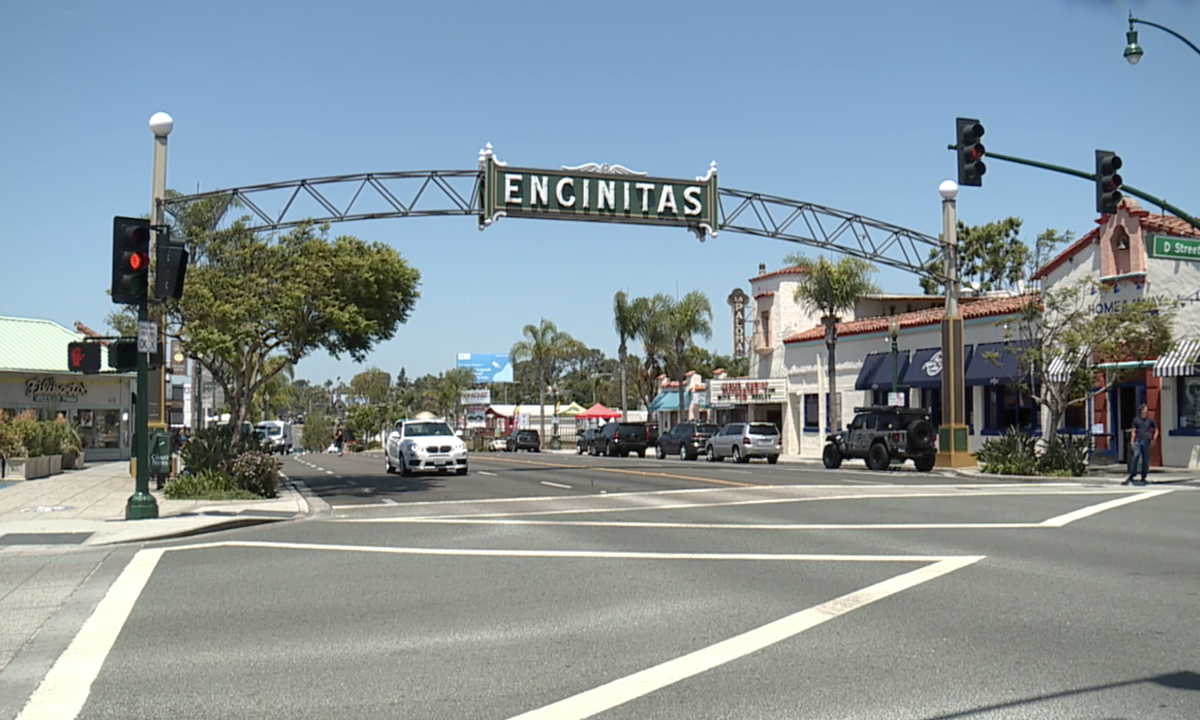Written by Vincent Cain
Encinitas has violated laws again by blocking the construction of more homes, with their defense being that it would change the city’s character, and now the state is getting involved.
Last week, the State Attorney General warned Encinitas about an illegal rejection of a housing project in November. The City Council rejected Encinitas Boulevard Apartments, a 277-unit housing project from developer R. Randy Goodson, 41 of which were for low-income residents.
Rob Bonta, the State Attorney General, sent a letter to Encinitas Mayor Catherine Blakespear, urging her to approve the project.
“If the city fails to do so, the Attorney General is prepared to take immediate steps to hold the city accountable,” Deputy Attorney General Matthew Struhar wrote on behalf of Bonta.
According to the Attorney General’s office, Encinitas’ rejection of the proposal violated the Housing Accountability Act and the Density Bonus Law. The project met the required standards, but the city denied it anyway.
Randy Goodson has filed a lawsuit against the city, arguing that he had met the requirements to move forward. He now intends to submit a revised proposal, increasing the number of very low- and low-income housing by about 5% to 55 units.
The city has no choice but to accept the proposal because it has not met the necessary share of the regional housing needs for low-income households.
Encinitas has a history of attempting to sneak around laws relating to housing. For example, a couple of years ago, Gavin Newsom and the Attorney General warned Encinitas about its failure to complete its Housing Element, which is a plan that cities submit to the state that finds locations for housing production of all income levels.
Two years ago, Encinitas also tried to exempt itself from the state density bonus law, incentivizing private developers to build low-income housing.
California’s response is part of a more significant effort to ensure that all cities comply with housing laws amid California’s housing shortage and affordability crisis.
Photo Cred: ABC 10 News




